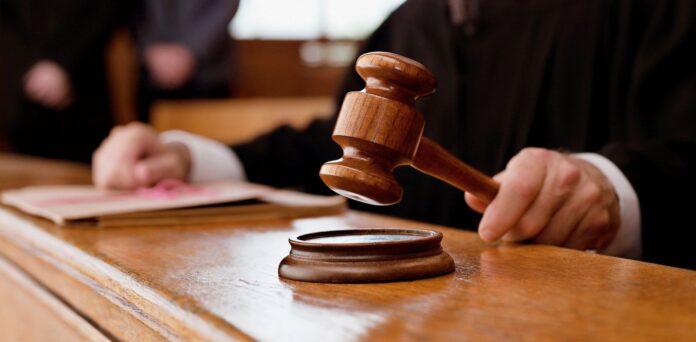Federal prosecutors have launched a renewed effort to convict Dallas real estate developer Ruel Hamilton on charges of bribery involving two former city council members. The retrial began this week in the U.S. District Court for the Northern District of Texas, with opening arguments highlighting what the government described as a “silent partnership” between Hamilton and elected officials in exchange for political favors.
This marks the second trial for Hamilton, the founder of AmeriSouth Realty Group, following the Fifth Circuit Court of Appeals’ decision to overturn his previous conviction in 2022. The appellate court ruled that the jury had received overly broad instructions regarding the interpretation of the federal bribery statute under 18 U.S. Code § 666, which only prohibits explicit quid pro quo arrangements—not gratuities.
Acting U.S. Attorney Chad Meacham told jurors that Hamilton had a clear financial interest in securing low-income housing tax credits for his Royal Crest residential projects. According to prosecutors, Hamilton circumvented city criteria by providing $40,000 in cash, campaign contributions, and a promise of future employment to Carolyn Davis, former Chair of the Dallas Housing Commission, who later pleaded guilty before tragically passing away in a car crash in 2019.
Prosecutors also allege that Hamilton later issued a $7,000 check to Council Member Dwaine Caraway, who was already cooperating with the FBI as part of an unrelated bribery case. The government claims Hamilton was caught on video making the payment.
Hamilton’s legal team, led by attorney Abbe Lowell of Lowell & Associates PLLC, maintains that the evidence does not support bribery. “The facts will show Mr. Hamilton was entrapped and never engaged in any quid pro quo,” Lowell stated. “The payments in question supported legal initiatives such as paid sick leave—not political favors.”
Lowell also emphasized that Caraway, who had accepted $500,000 in bribes in a separate case, had a strong motive to fabricate evidence in hopes of a reduced sentence. He urged jurors to listen closely not only to what was said on the recordings, but also to what was not.
The outcome of the case may carry broader implications for how federal courts interpret the scope of bribery laws, as there remains a circuit split on whether Section 666 applies to gratuities as well as quid pro quo arrangements.
Government representation includes Chad E. Meacham, Tiffany H. Eggers, and Stephen S. Gilstrap of the U.S. Attorney’s Office for the Northern District of Texas.
Defense counsel includes Christopher D. Man, Kaitlin Pierce Marino, Thomas M. Melsheimer, Damien M. Diggs, Alex C. Wolens, and Emily Wilkinson of Winston & Strawn LLP, alongside Abbe David Lowell.
The case is USA v. Ruel Hamilton et al., Case No. 3:19-cr-00083.



